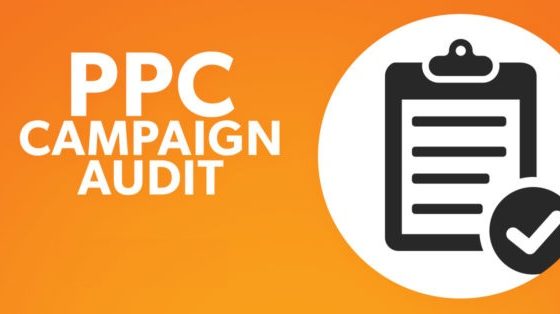Ideally, you should have your AdWords campaign audit done by a third-party service provider once or twice a year. This will ensure your ads are meeting business objectives and you may be able to find ways to improve their performance. In the meantime, you can conduct a simple audit yourself to make sure your campaign is running smoothly. Here are some elements to look for in a quick audit.
Examine Campaign Account Structure
For an experienced PPC audit services provider, analyzing an AdWords campaign account structure is almost intuitive. When you don’t have the expertise, check to see if all your campaigns are clearly organized based on their type (for example, Search, Display, Remarketing or Google Shopping), products or current promotional activity. Also check to see if your account is meeting the limit for daily ad spend – if not, you can lower or raise the budget.
Review Targeting Settings
See if location targeting settings and mobile device settings are current and up to date. Go through a geographical report to see if you can expand into new areas with potential to deliver higher conversion rates or determine whether you should limit spend for certain areas where expensive ads are not bringing in conversions. For mobile device settings, see where traffic is coming from and if you’re targeting the best devices for your business.
Assess Ad Groups
Professional AdWords campaign audit teams spend a lot of time on reviewing ad groups because this is an area that can be improved upon. It’s important to ensure that your ad groups are narrowly focused around specific keywords geared towards driving audiences to related landing pages on your website. Most white label PPC audit experts agree that each ad group should have between fifteen to twenty keywords representing different keyword match types, so check if your ad groups fulfill this requirement.
Evaluate Ad Extensions
Make sure that your ad extensions are up to date, clear and consistent. Check to see if site link extensions are working and have strong calls to action so prospects are encouraged to click and can be directed to an informative page on your website. If you have an offline store, make sure your campaign is using call outs and local extensions to drive traffic to your offline store.
Inspect Ad Copy
White label PPC agency experts use the Ad Preview Tool to see if ads are showing in the right locations for the keywords you’re bidding on. It’s important that you ensure ad copy is free of misspellings, broken URLs, outdated promo offers and other errors as this reflects poorly on your business. Having a high quality ad not only delivers a great user experience but is also helpful in improving your quality score.
Scrutinize Keyword Data
While reviewing keyword data, find the ones which are proving to be most effective for your PPC ad campaign’s objectives. Different metrics apply to different goals so if your objective is to attract new traffic, look for impression rates and click through rates for various keywords. If your campaign’s objective is to increase conversions, look for conversion rates and cost per conversion. Armed with this information, make bid adjustments and squeeze the maximum potential from your ad spend.
Explore Negative Keywords
Refresh your negative keywords list so your ads don’t get shown for unqualified clicks but don’t end up blocking relevant traffic either which can happen when you have an extensive list for negative keywords. Pull a Search Term Report to determine irrelevant or non-performing keywords and add these as negative keywords to relevant ad groups.
While the above tips are definitely helpful for auditing a single PPC campaign, you might want to consult our professional white label PPC team in case you have multiple campaigns – this will save you time and effort!
Also read: How does Google AdWords remarketing works for online businesses?

